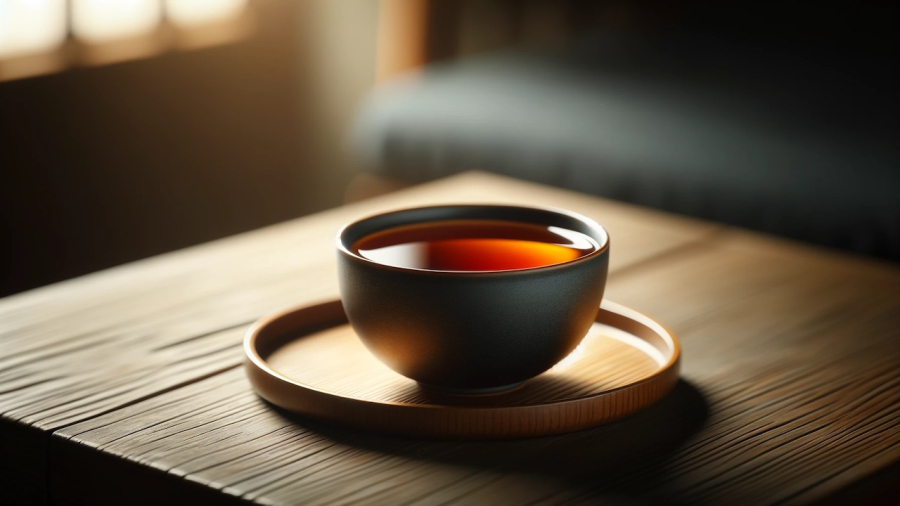When in need of a refreshing drink, many people often think of coffee. However, consuming too much coffee can lead to caffeine addiction, causing restlessness, anxiety, increased heart rate, and fatigue. Adding excessive sugar, milk, or sweeteners to coffee can also lead to blood sugar and cardiovascular issues.
Therefore, you can consider other drinks as alternatives to coffee, such as:
Hot Cocoa
This drink has a low caffeine content but is rich in theobromine, a mild central nervous system stimulant that provides gentle energy without making you restless or anxious. Some scientific reports suggest that flavonoids in cocoa increase oxygen levels in the brain, enhancing nerve cell activation.
The antioxidants in hot cocoa also help reduce cholesterol levels, preventing chronic diseases such as cardiovascular disease and cancer. Hot cocoa also improves mood, enhances memory, and effectively reduces stress.

Black Tea
The U.S. Food and Drug Administration states that a 240ml cup of black tea contains half the caffeine content of a cup of coffee of the same size. Therefore, black tea can be a healthy alternative to coffee if you don’t want to consume too much caffeine but still need to stay alert. In addition, black tea contains an amino acid called L-theanine, which, when combined with caffeine, enhances alpha activity in the brain and has a greater impact on concentration.
According to American nutritionist Marie Spano, drinking three cups of black tea per day can reduce the risk of heart disease and stroke and prevent certain types of cancer. Additionally, this drink can also prevent diabetes, enhance gut health, reduce bad cholesterol, and combat atherosclerosis.

Kombucha Tea
This fermented tea has a slightly sour and less sweet taste, offering many health benefits. American nutritionist Willow Jarosh explains that kombucha uses tea as a medium for fermentation, so it still provides a refreshing effect on the mind, thanks to the combination of caffeine and L-theanine.
Compared to regular tea, kombucha tea has less caffeine. Therefore, if you want to consume a moderate amount of caffeine, this is an excellent choice.
Due to its high probiotic content, kombucha tea provides beneficial bacteria to the digestive system, improves digestion, reduces inflammation, and supports weight loss. According to research, this type of tea can reduce overall cholesterol and bad cholesterol in the blood.

Matcha
Compared to coffee, matcha powder has less caffeine, so consuming matcha can reduce the feeling of restlessness and avoid caffeine-induced intoxication. The caffeine content can vary depending on the brewing method and concentration level. Matcha brings many health benefits, such as being rich in antioxidants, promoting strong bones, relieving stress, and combating cancer and aging.
Matcha also improves several cardiovascular risk factors, including total cholesterol, bad cholesterol, neutral fats, and blood sugar levels. Additionally, when consuming matcha without any sweeteners, it supports weight loss, protects the liver, and enhances brain function.





































